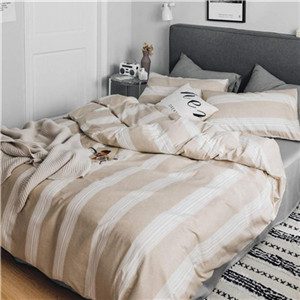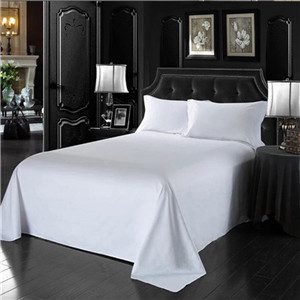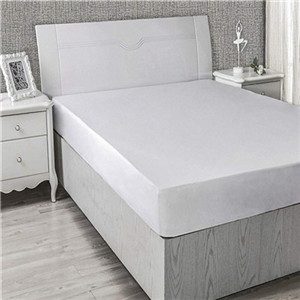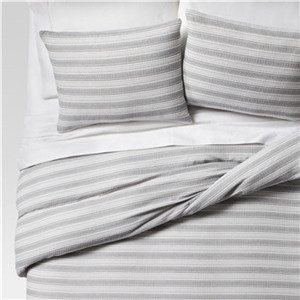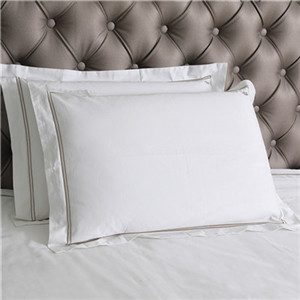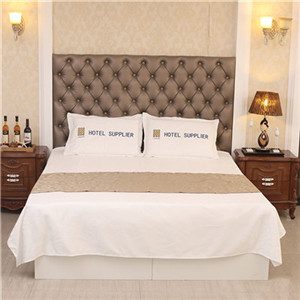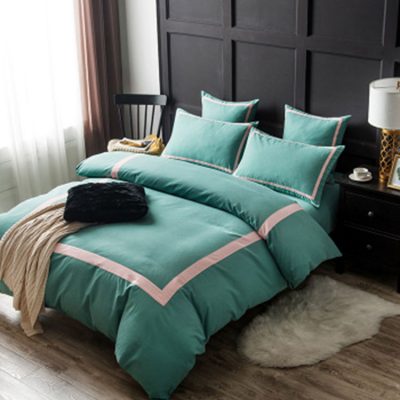Introduction: Quality sleep is vital for overall health and well-being, and choosing the right bed sheets can significantly impact sleep hygiene. In this blog, we delve into the science behind sleep hygiene and how selecting the appropriate bed sheets can contribute to a restful and rejuvenating slumber.
- Promoting Comfort and Relaxation: The tactile sensation of bed sheets can influence how your body perceives comfort and relaxation. Opt for soft and cozy materials like cotton or bamboo, which create a calming environment that signals your body it’s time to unwind and prepare for sleep.
- Temperature Regulation: Bed sheets play a crucial role in temperature regulation during sleep. Fabrics like cotton and linen are known for their breathability, helping to dissipate excess heat and keep you cool during warm nights. On the other hand, flannel or jersey knit sheets offer added warmth and comfort during colder months.
- Moisture Management: Nighttime perspiration can disrupt sleep, leading to discomfort and sleep disturbances. Bed sheets with moisture-wicking properties, such as bamboo or Tencel™ Lyocell, can help manage sweat and keep you dry throughout the night.
- Allergen Control: Hypoallergenic bed sheets can be beneficial for individuals with allergies or sensitivities. Materials like bamboo or Tencel™ Lyocell naturally resist allergens like dust mites and mold, providing a healthier sleep environment.
- Creating a Sleep Sanctuary: Choosing the right bed sheets that align with your sleep preferences and sensory needs helps create a sleep sanctuary. A well-designed sleep environment can positively influence your sleep quality and overall sleep hygiene.
Conclusion: Understanding the science behind sleep hygiene empowers you to make informed decisions when selecting bed sheets. By considering factors like comfort, temperature regulation, moisture management, allergen control, and the overall sleep environment, you can create the perfect sleep oasis for better rest and improved well-being.

